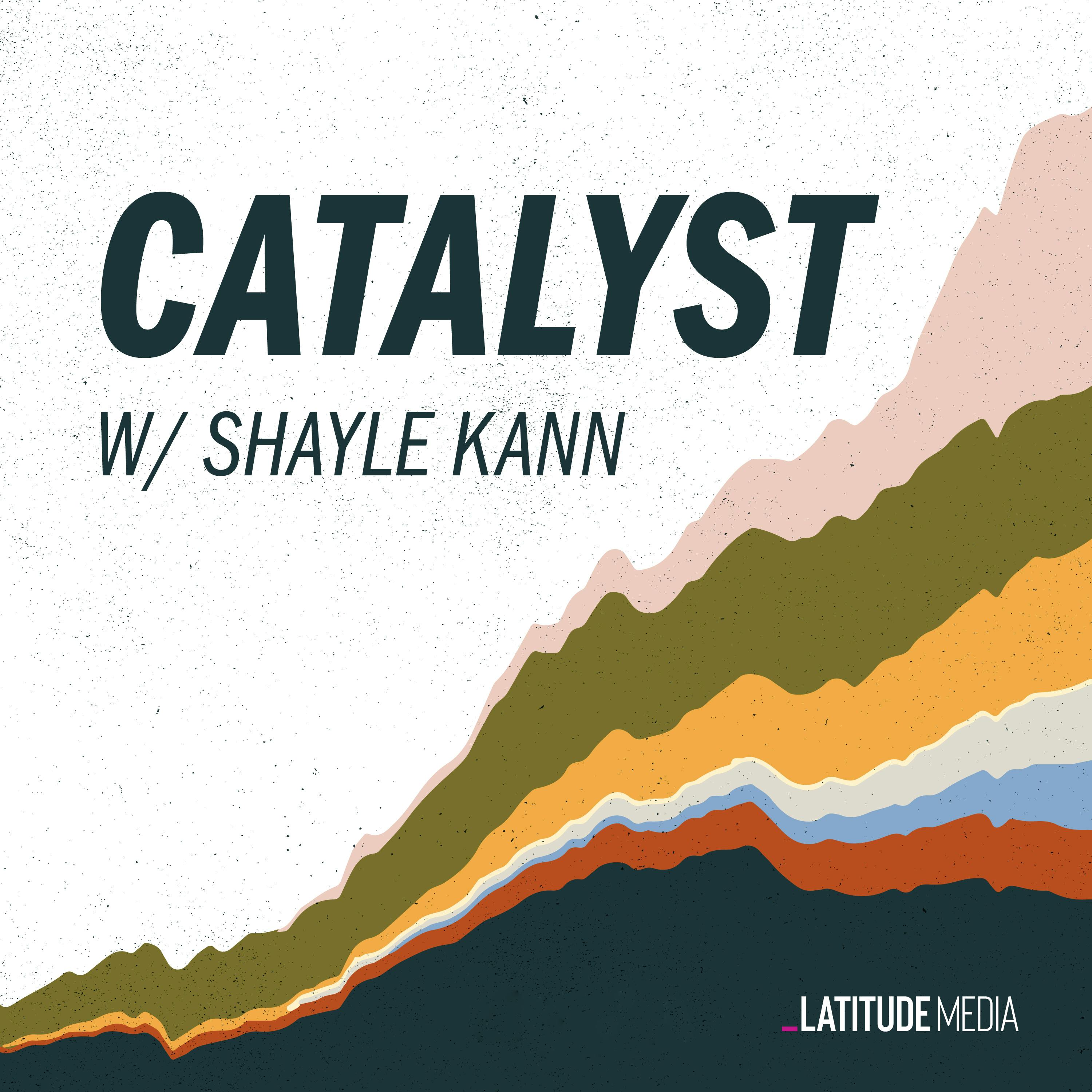The unexplored frontier of methane removal
Description
We capture concentrated methane emissions from point sources like dairy barns, landfills, and coal mines. Mitigating methane emissions is essential to hitting net-zero targets, but could we capture diluted gasses straight from the atmosphere, too?
In this episode, Shayle talks to Dr. Gabrielle Dreyfus, Chief Scientist at the Institute For Governance & Sustainable Development, about a National Academy of Sciences report on the unexplored area of methane removal. Gabrielle chaired the committee behind the report. Shayle and Gabrielle cover topics like:
Why methane removal may be critical to addressing methane from hard-to-abate sources, like enteric emissions and tropical wetlands
Key differences between methane removal and carbon dioxide removal
How reducing methane in the atmosphere may also reduce its atmospheric lifetime
Technological pathways, including reactors, concentrators, surface treatments, ecosystem uptake enhancement, and atmospheric oxidation enhancement
The potential for combining methane and carbon dioxide removal in direct air capture
Recommended resources
Catalyst: Why are we still flaring gas?
Catalyst: Mitigating enteric methane: tech solutions for solving the cow burp problem
Catalyst: Why methane matters
Latitude Media: A look under the hood of EDF’s methane detection satellite
Catalyst is brought to you by EnergyHub. EnergyHub is working with more than 70 utilities across North America to help scale VPP programs to manage load growth, maximize the value of renewables, and deliver flexibility at every level of the grid. To learn more about their Edge DERMS platform and services, go to energyhub.com.
On December 3 in Washington, DC, Latitude Media is bringing together a range of experts for Transition-AI 2024, a one-day, in-person event addressing both sides of the AI-energy nexus: the challenges AI poses to the grid, and the opportunities. Our podcast listeners get a 10% discount on this year’s conference using the code LMPODS10. Register today here!
More Episodes
Shayle and his team at Energy Impact Partners (EIP) review a lot of climate-tech pitches. The best kind of pitch uses a solid techno-economic analysis (TEA) to model how a technology would compete in the real world. In a previous episode, we covered some of the ways startups get TEAs wrong — bad...
Published 11/21/24
Oh, the heat pump — a climate tech darling that still hasn’t hit the big time yet. One challenge for heat pumps is that the customer experience can be difficult, involving a complex installation process, poor installation jobs, and even technicians that don’t want to sell you one.
What’s it going...
Published 11/14/24
Published 11/14/24


